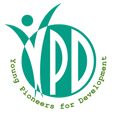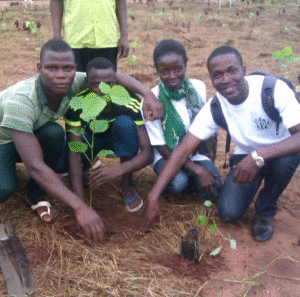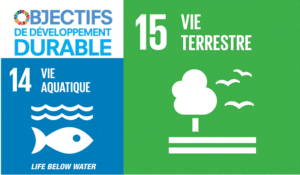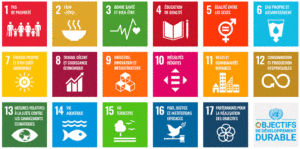AuthorAID invites participants to apply for the online course ‘Research Writing in the Sciences’ for researchers. The course duration is 6 weeks and aims to cover literature review; research and publication ethics; targeting the right journals; writing and publishing a research paper; and communicating research outside academia. Please note that although this is an open course, enrolment may be limited due to server capacity.
Who is this course for?
The course is designed for researchers and scientists in developing countries, particularly those working in a scientific field (life sciences / natural sciences / other related fields). It is suitable for early career researchers, or those with limited experience in publishing papers in reputable peer-reviewed journals. (Researchers in the social sciences, please see below*)
Course duration: 6 weeks
Main topics covered in the course:
- Literature review
- Research and publication ethics
- Writing a research paper – Part 1
- Writing a research paper – Part 2
- Toward Journal Publication
Course dates: 6th July to 17th August 2020
Course leaders: INASP team – Alex Arreola, Andy Nobes, Josie Dryden, Ravi Murugesan – along with experienced guest facilitators from the AuthorAID network.
How do I enrol?
Complete information about the course along with enrolment instructions are available on the INASP Moodle website: https://moodle.inasp.info/course/view.php?id=168. You will need to create an INASP Moodle account if you don’t already have one. Please follow the instructions carefully (you may need to click on the above link again after registering your account).
Please note that although this is an open course, we may have to limit enrolment due to server capacity. We suggest that you enrol in the course as soon as possible if you are interested.
INASP designs and runs capacity development activities that cater for both women and men’s interests and needs. We use methods that increase active participation and an inclusive learning environment, adopting attitudes and behaviours that value differential experiences and perspectives and ensuring listening and respect for each other’s experiences and views.





0 Comments